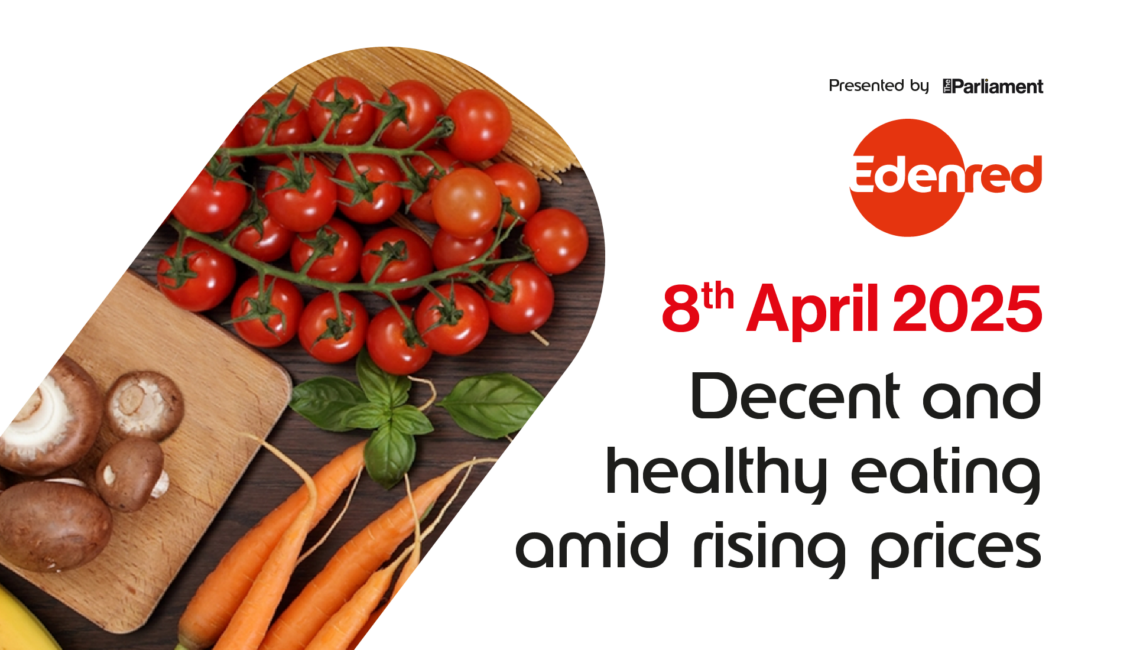
The current crisis in Ukraine and its aftermath have serious implications for the well-being and livelihoods of millions of Europeans, especially those who struggle to make ends meet. The disruption of trade with Ukraine and Russia, which were major suppliers of wheat and sunflower oil, two staples of our diet, has led to soaring prices of these and other basic food products.
This situation pressures restaurants to cover their costs and keep operating, necessitating adaptation and innovation. Addressing the food crisis through sustainable restaurant practices and healthy eating policies is crucial. By leveraging innovative strategies and policy measures, the restaurant industry can tackle food waste, promote healthy eating, and ensure restaurants thrive while providing access to nutritious food.
Simultaneously, the cost-of-living crisis is affecting many households, increasing the risk of food insecurity and malnutrition. Efficient and targeted policy measures are essential to safeguard food budgets and ensure access to adequate and nutritious food for all. Poor dietary choices and food deprivation can have severe negative impacts on public health and economic productivity. The importance of keeping nutrients and healthy food available for everyone requires policy actions to support vulnerable populations during this crisis.
In this context, it is vital for Europe to put food policies and food security as a main element of its social agenda, and therefore to discuss and propose policy measures that can provide immediate relief to the EU population affected by the crisis and support the food sector.
Following the conference, MEP Branislav Ondrus (Non-attached, Slovakia) will open a networking lunch dedicated to promoting accessibility to healthy food at the Vester bar (Place du Luxembourg 13), where participants are invited to continue their discussions with speakers and stakeholders.
Read all about it here.
Key reasons to attend
Benefits of taking part include:
- Receive an expert briefing on:
- How restaurants can use digital tools to cope with rising prices and waste control
- How food budget cuts affect EU citizens
- Understanding the impact of poor dietary choices on public health
- Be a part of the discussion on the next steps for the EU around the importance of keeping nutrients and healthy food available to everyone
- Network with leading experts, NGOs, producers and nutritionists at drinks reception to follow
























